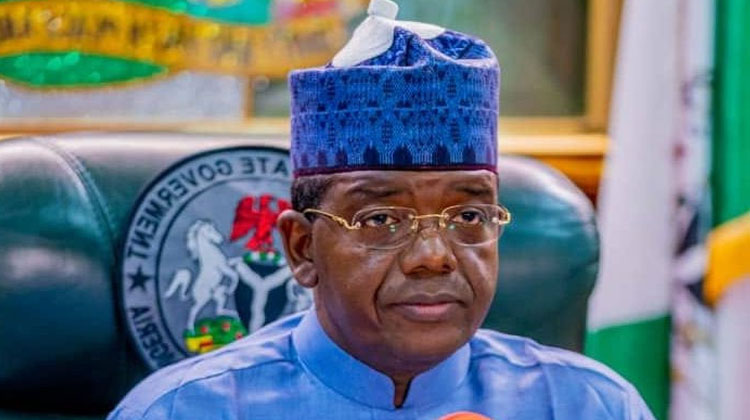From Leo Zwànke, Lafia
“The Caliph, the Old Man, and the Date Palm” Nawani Aboki, Special Adviser to governor Abdullahi Sule on Media uses a classic parable to draw a parallel between the legendary wisdom of Caliph Haroun al Rashid and the leadership style of Governor Abdullahi Sule of Nasarawa State.
This piece serves as a metaphorical exploration of governance, emphasizing the importance of foresight, sacrifice, and the pursuit of long-term benefits over immediate gains.
Legacy and Vision in Leadership
The story opens with a conversation between the Caliph and an old man, who is planting date palms that he knows will not bear fruit within his lifetime. This act symbolizes selflessness and a commitment to future generations, reflecting a leadership philosophy that values the long-term well-being of a community over short-term accolades. In this light, the old man’s actions are not merely agricultural; they are emblematic of a broader understanding of legacy, one that is built on laying foundations for others to benefit from.
Governor Abdullahi Sule’s governance is framed within this context. Like the old man, Sule is portrayed as a leader who is investing in the future, particularly through the industrialization of Nasarawa State. His policies are depicted as seeds that, although may not fully mature during his tenure, will ultimately yield prosperity for future generations. This approach underscores a forward-looking governance model, where the fruits of today’s labor are reserved for tomorrow’s beneficiaries.
Industrialization as a Metaphor for Growth
The text particularly highlights Governor Sule’s push for industrialization, drawing a direct comparison between his efforts and the planting of date palms. Industrialization, in this context, is not just about economic growth; it is a deliberate strategy to ensure long-term sustainability and self-reliance for Nasarawa State. The mention of oil exploration in Obi, Keana, and Assakio serves as a tangible example of this vision—an investment in a resource that promises future wealth and stability for the region.
Moreover, the emphasis on industries, mining, housing, and agriculture illustrates a holistic approach to development. Sule’s focus is not limited to a single sector but spans multiple areas that collectively contribute to the state’s growth. The narrative suggests that this diversified investment strategy is akin to planting a variety of crops, each with its own timeline for maturity, ensuring that the state’s economic future is secure and robust.
Sacrifice and Honor in Governance
The narrative also touches on the theme of sacrifice, portraying Sule as a leader who is willing to forgo immediate recognition for the sake of lasting impact. This portrayal aligns with the broader idea that true leadership is not about personal gain but about the well-being of the community.
Sule’s willingness to “plant” for the future, knowing that others will reap the benefits, is presented as a mark of honor and patriotism. It elevates him beyond the role of a political figure to that of a statesman whose actions are guided by a deep sense of duty to his people.
Governor Abdullahi Sule is depicted as a leader who embodies these qualities, prioritizing the long-term prosperity of Nasarawa State over short-term political gains. His efforts in industrialization, resource management, and infrastructure development are framed as the modern-day equivalent of planting date palms—acts of leadership that will nourish future generations and leave a lasting legacy.





